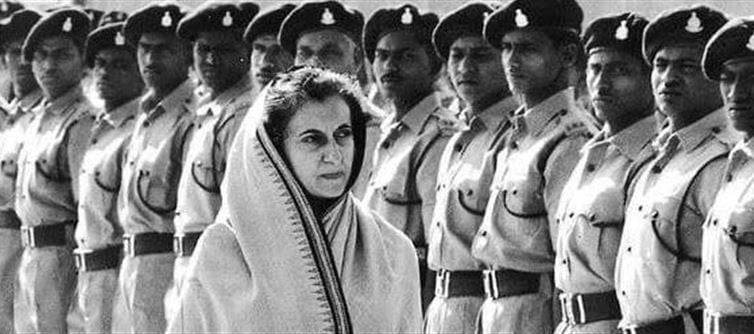
In contrast, recent developments have drawn criticism from some quarters, particularly online, following prime minister Narendra Modi’s decision to agree to a ceasefire with pakistan in the wake of ongoing skirmishes. Critics argue that the response lacks the strategic depth and assertiveness demonstrated by indira gandhi in 1971. Netizens, driven by a mix of nationalism and frustration, have voiced that Modi missed an opportunity to deliver a stronger message or decisive retaliation. Some feel the ceasefire without “proper revenge” undermines India’s stance and emboldens hostile elements across the border, especially when historical precedent showcases the effectiveness of a firm and unforgiving approach.
However, the current geopolitical environment differs significantly from that of 1971. Global diplomatic dynamics, nuclear deterrence, international pressure, and economic considerations play a much larger role in today's decision-making processes. While indira gandhi operated in a different era with distinct challenges and opportunities, Modi faced a more interconnected and constrained global stage. Nevertheless, the emotional and symbolic weight of 1971 continues to shape public expectations, leading many to draw sharp comparisons and call for a more aggressive posture. The ongoing debate highlights a broader public yearning for strong, resolute leadership in times of national crisis and conflict.




 click and follow Indiaherald WhatsApp channel
click and follow Indiaherald WhatsApp channel